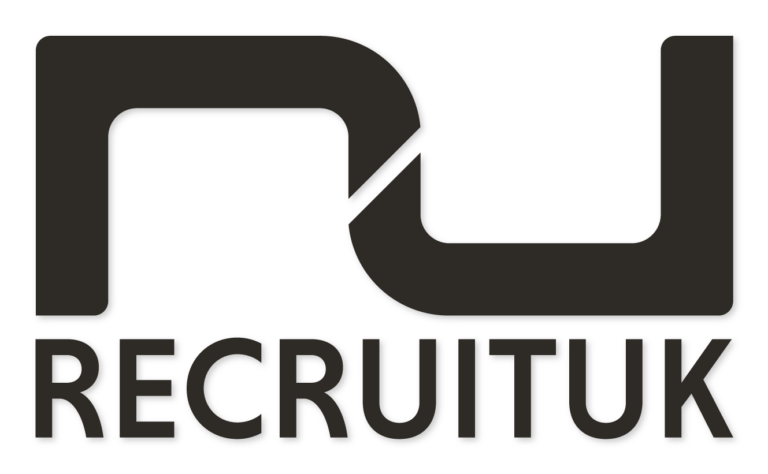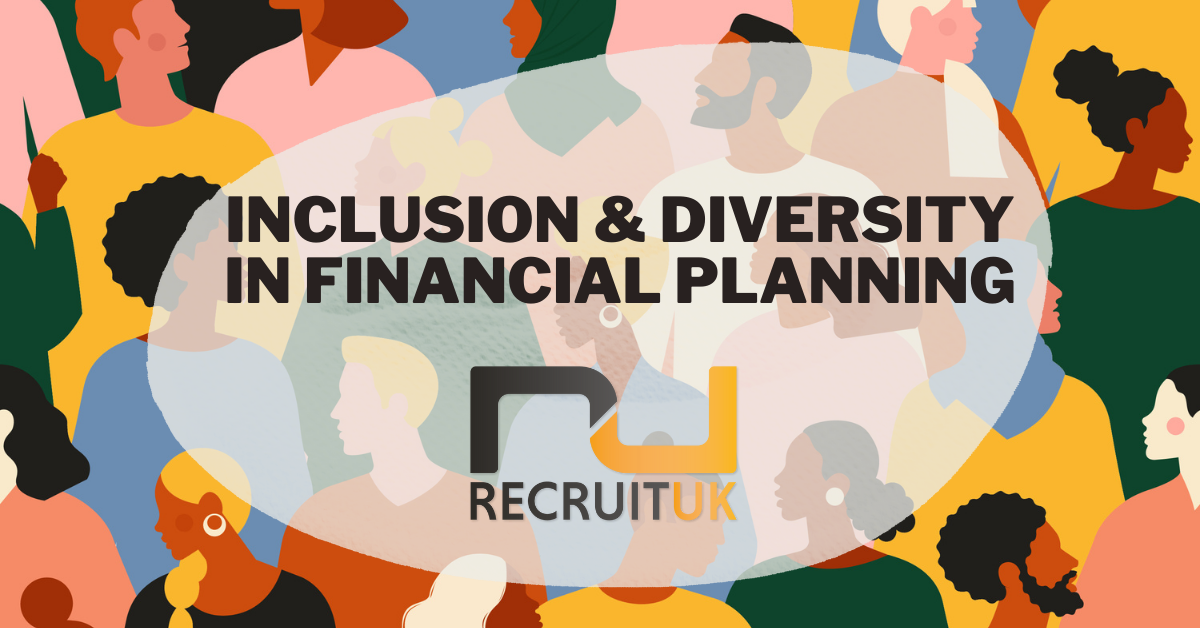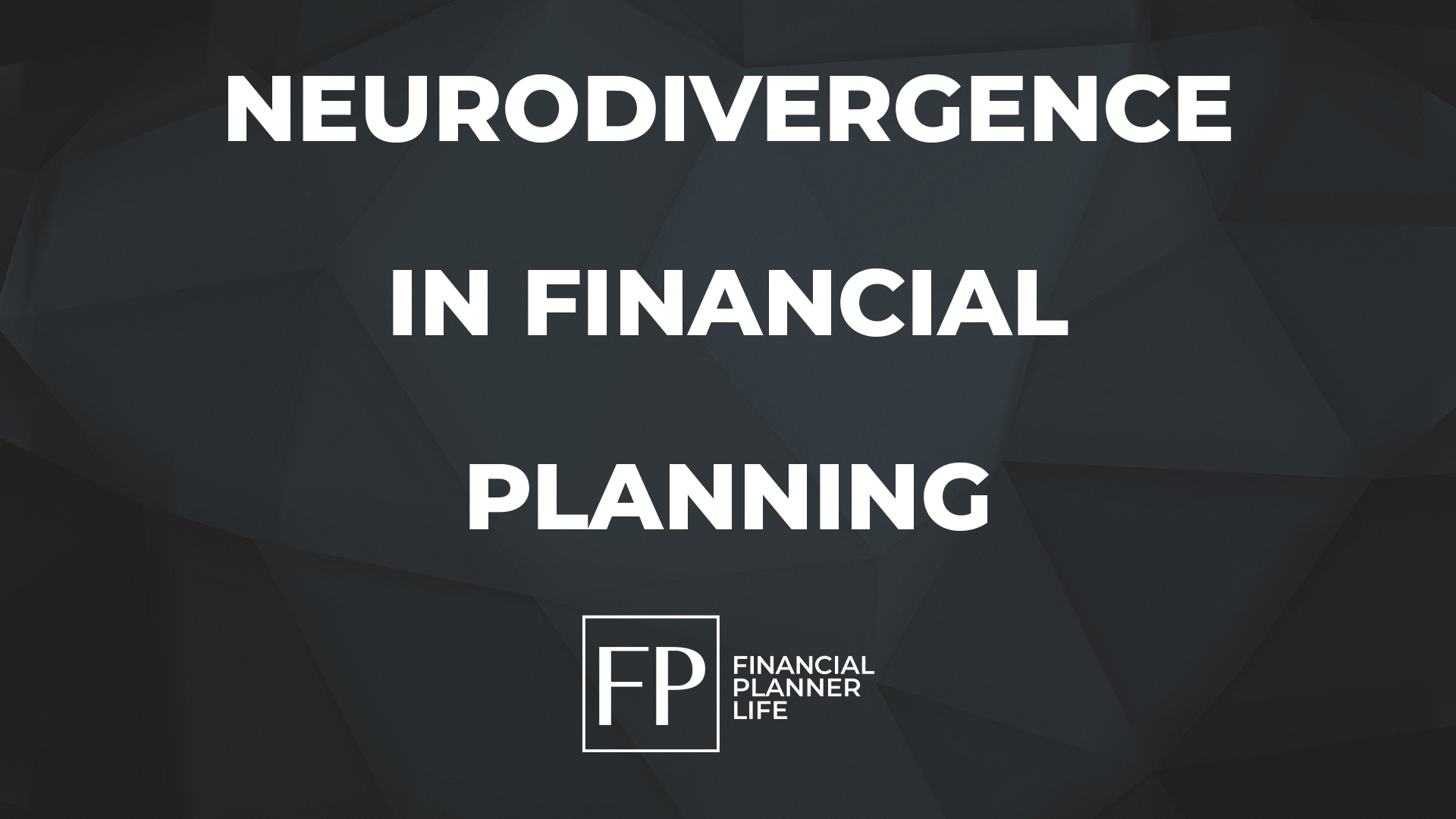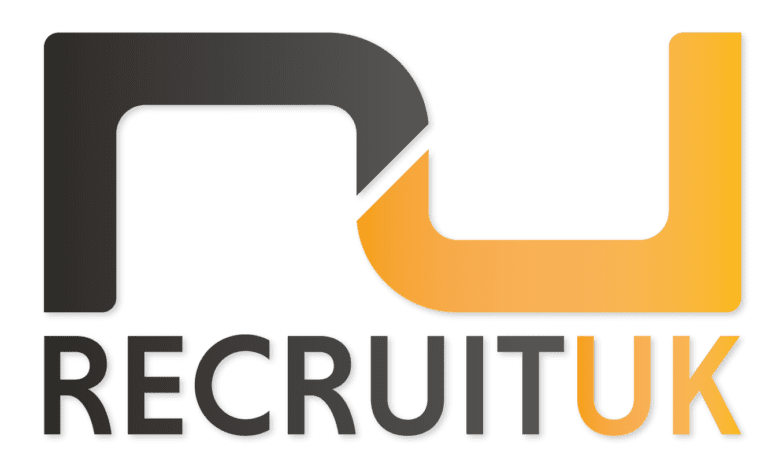It is no secret that the financial planning profession is predominantly white male, with the main chunk of those being over the age of 55. But how do we reach young, diverse individuals to embark on a career with the potential of high financial gain, hybrid working structures and the chance to get ahead without needing a university degree whilst changing people’s lives?
Over the years, we have interviewed and spoken with many professionals with lived experience with inclusion and diversity in financial planning, so here is a refined list on how we should continue to change stereotypes within financial planning, improve our diversity policies and celebrate differences in the financial planning industry.
Promoting your business at career fairs and networking events
“We all live in a world where we all want to be treated fairly, regardless of who we are as an individual”

– Makala Green, Chartered financial expert and the first black female chartered financial planner in the UK
When Makala Green, Chartered Financial Expert, was on the Financial Planner Life podcast she stressed the importance of networking. She spoke about valuable networks and support associations such as ABFP (Association of Black Financial Professionals) Creating a safe space for black professionals within the financial planning sector. This small network of professionals, allows underrepresented minorities to come together, voice their opinions and challenges, and be a support for one another when faced with similar issues within the workplace.
Lena Patel, Multi Award Winning Chartered Financial Planner at ISJ Financial Planning Ltd. also raised the point on her episode that the average age of a financial adviser is 55, and we have a great opportunity now to welcome more and more younger people into the profession. She explains that when she was going for a higher position, she found it challenging to have belief in herself because she “couldn’t see anyone that looked like her within the profession, to aspire to be like.” It wasn’t until her boss convinced her to go for a job (and she got it) that she realized a lot of the barriers she created were in her own head, due to the lack of representation of women, particularly women of colour. The burden, however, shouldn’t stand with the individuals within a minority, employers have a responsibility to ensure that their diversity and inclusion policy is never overlooked during the recruitment process, and that diversity and inclusion are ingrained into their business.
Educate yourself and removing unconscious bias
In a nutshell, unconscious bias is subconsciously forming an opinion or judgement of a candidate based on first impressions and not their ability to perform within the role. As human beings, we naturally gravitate towards people that we can relate to, people with similar life experiences which we identify with. This can be anything from gender, class, race, and sexuality, to hobbies, fashion sense and where you grew up.
When hiring, it is imperative to your inclusion policy and ethos all together to be aware of your biases. It is easy to slip into a habit of pushing positive qualities on

to an individual without actually knowing them because they are similar to you, or “fit into” your existing team. Otherwise known as the ‘Halo effect’, or when reversed, the ‘horn effect’- the process of associating someone with negative characteristics based on a minor flaw or difference. This can be avoided by blind interviewing, using standardised interview questions, and not jumping to conclusions during the interview process.
If this triggers something within you, and you want to review your inclusion and diversity policy, the ewgroup are an organisation which helps companies embrace diversity, they also have some great training on unconscious bias and diversity.
“…I accept who I am and that I am good at what I do and not to keep striving to be something else.”-Lena Patel
Be the change you want to see
Maintaining an inclusive strategy within your company will help bring in more diverse talent, the team will feel supported, and you can be more specific in terms of training moving forward. Hudson Rose are a mortgage advisers’ firm, and a great example of not conforming to the usual stereotypes of a mortgage adviser. They are a team that celebrates individuality and doesn’t suppress it. In turn, this seeks out a new audience and casts the net wider when trying to appeal to a wider, more diverse target audience.

“There are plenty of people that will come to Hudson Rose, and say, ‘good god, no’. But we want the people that come to us and say, ‘I was drawn to you because you look different and because you’re clearly doing something different, and I like that approach.’”
-Graham Taylor – owner of Hudson Rose
Women in financial planning
In 2015, a review was conducted into the representation of women in senior managerial roles in financial services. The review found that in 2015, women made up only 14% of Executive Committees in the Financial Services sector. This is now on the rise according to a five year review on HM treasury women in finance charter (July 2021), which indicates that the average proportion of women has increased from 14% to 22% on executive committees across the UK finance sector and from 23% to 32% on boards since 2016.
This positive change is far from over, as we still need to increase women in leadership roles. We can contribute to the change by closing the gap and using female leads in our own business’ to influence the younger generation of women to aspire to be in a leadership role.
Create a sense of belonging without conformity
“You don’t need to fit in, everybody has their own skills and their own mindset”
-Lena Patel owner of ISJ Independent Financial Planning.
Creating an environment where your employees feel comfortable to talk openly about issues or challenges that they may face at the workplace creates a more inclusive environment. The team will feel like they are being heard and respected. Make a point of highlighting that your company has an open-door philosophy, and that the mental wellbeing of your staff is a value ingrained within the everyday life of the company’s ethos.
If your company has a strong diverse team, promote that within your marketing strategy. Showing your strengths within diversity will engage a wider range of clients.
In February of last year, the Chartered Institute of Personnel and Development (CIPD) reported that: LGBT+ employees are more likely to experience workplace conflict and harassment than their heterosexual, cisgender counterparts. Forty percent of LGB+ workers and 55% of trans workers have experienced such conflict, compared with 29% of heterosexual, cisgender employees.

“People within the LGBTQ community that, day-in day-out experience problems with employers that are not LGBT friendly (there’s a small minority that are) want to make sure that their money is in a company that has top-notch governance and policies for LGBTQ people”
-Taylor Beavis, founder of Universe Financial Advice [podcast episode here]
As an employer, having knowledge of the right resources is an invaluable tool. This will help you sign post useful networks, charities, and groups so your employees can feel supported whatever they’re struggling with. Here is a list of some that we have come up with to help you get started:
- Association of Black Financial Professionals
- Black Women in Finance
- Charter for black talent in finance and the professions
- Interbank – The financial Services LGBT+ Forum
- CIPD – the professional body for HR and people development
- HM treasury women in finance charter
Recruit UK are a recruitment agency with a firm grip on diversity and inclusion during the hiring process. Get in touch today and speak to a consultant about your next steps:












